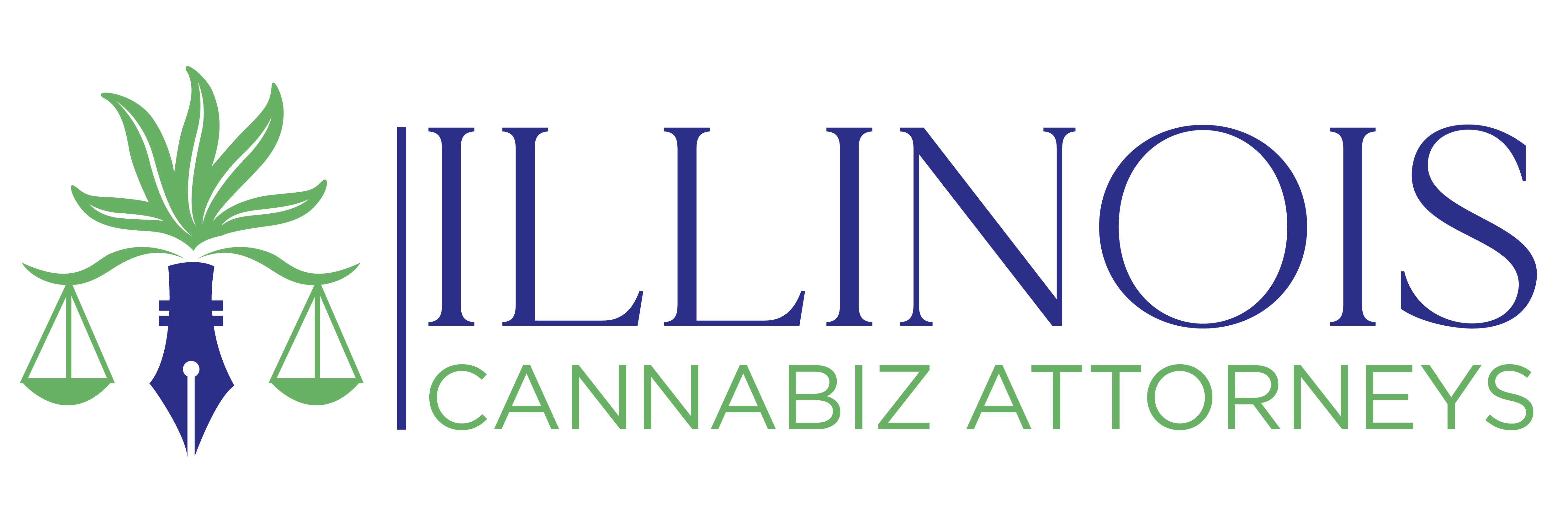By: Scott F. Roberts
Share This Post
Illinois Dispensary Cannabis Licensing Overview
Types of Applications
Conditional Adult Use Dispensing Organization License: If you want to open a recreational marijuana dispensary in Illinois, this is the first license you’ll apply for. They are awarded by the Illinois Department of Financial and Professional Regulation (IDFPR) on a points-based system. If you are awarded one, you will then be able to apply for a full Adult Use Dispensing Organization License.
- The Conditional license DOES NOT entitle the holder to purchase or sell cannabis.
- Once this license is awarded, the holder has 180 days within its Bureau of Labor Statistics location to find a site from which to operate.
- Once the holder has found a suitable location, passed an inspection, and paid a registration fee, the IDFPR will award an Adult Use license. This license allows the holder to obtain and sell cannabis under the law.
Timeline
- For new applicants, the application period opens on October 1, 2019 and closes January 1, 2020.
- Applicants with active medical marijuana licenses can already apply for a recreational license.
- All applicants will be notified of approval by May 1, 2020.
Availability
- 75 dispensary licenses will be awarded throughout the state during the first application period (by May 2020). Another 110 licenses will be available after Jan 1, 2021.
- Licensing will be subject to applicants finding a permanent location and obtaining an Adult Use Dispensing Organization License.
- License will be distributed statewide proportionately to population
- 47 available in the Chicago-Naperville-Elgin area.
Costs
- Conditional License application fee: $5,000 ($2,500 for social equity applicants).
- Adult Use License registration fee: $60,000 for two years ($30,000 for social equity)
Approval
Applications are approved on a point-based system. A total of 250 total points will be available:
- Social Equity Status (50 points)
- Employee Training Plan (15 points)
- Security and Record Keeping Plan (65 points)
- Business Plan/Financials and Floor Plan (65 points)
- Knowledge and Experience in the Cannabis Field (30 points)
- Labor and employment practices (5 points)
- Diversity plan (5 points)
- IL Owner (5 points)
- Veteran status (5 points)
- Environmental plan (5 points)
Social Equity Status
Illinois’s legislation grants special consideration to “social equity” applicants to address a history of discrimination in drug enforcement. These are people who:
- Have an entity controlled by one or more individuals that have resided in an area disproportionally impacted by cannabis-related law enforcement for at least 5 out of the past 10 years; or
- Have been previously arrested for a cannabis-related offense that is eligible for expungement under the new law; or
- Are a member of an impacted family (i.e. have a family member who meets #2).
Disproportionally impacted areas include neighborhoods with historically high rates of arrest and incarceration for cannabis-related offenses and meet any of the following criteria:
- Has a poverty rate of at least 20%,
- At least 75% of the area’s children participate in the federal free lunch program,
- At least 20% of households receive food stamps (the Supplemental Nutrition Assistance Program, or SNAP), or
- The unemployment rate has exceeded 120% of the national average for at least two years before the application is filed.
These areas will be defined before applications open.
50 application points are awarded for social equity status. They are also available to entities with at least 10 full-time employees, of which 51% reside in an impacted area or have been convicted of an expungable offense.
IDFPR Requirements
The IDFPR will look at the “principal officers” of each entity applying for a license.
Each principal officer (owners holding at least 1% of the total interest and board members holding at least 5% of the total interest of a publicly traded corporation or revenue or control arrangement) must fill out a separate Principal Officer Application.
Applicants must provide attestations, criminal history background check, resume, financial disclosures, and a letter of good standing from the licensing agency, among other documents.
Mr. Roberts is the founder and managing member of Scott Roberts Law, a Detroit-based Cannabis Business Law Firm founded in 2014. Scott has spent his entire career representing businesses and helping them comply with municipal, state and local regulations, as well as assisting on transactional corporate and real estate matters. Scott is an accomplished attorney, author and public speaker, having spoke at CannaCon, Cannabis Industrial Marketplace, CannabisAid, and 420 Canna Expo, to name a few. He has also taught Continuing Legal Education on Marijuana business matters, meaning other attorneys see him speak to learn about the nuances of cannabis business law.



